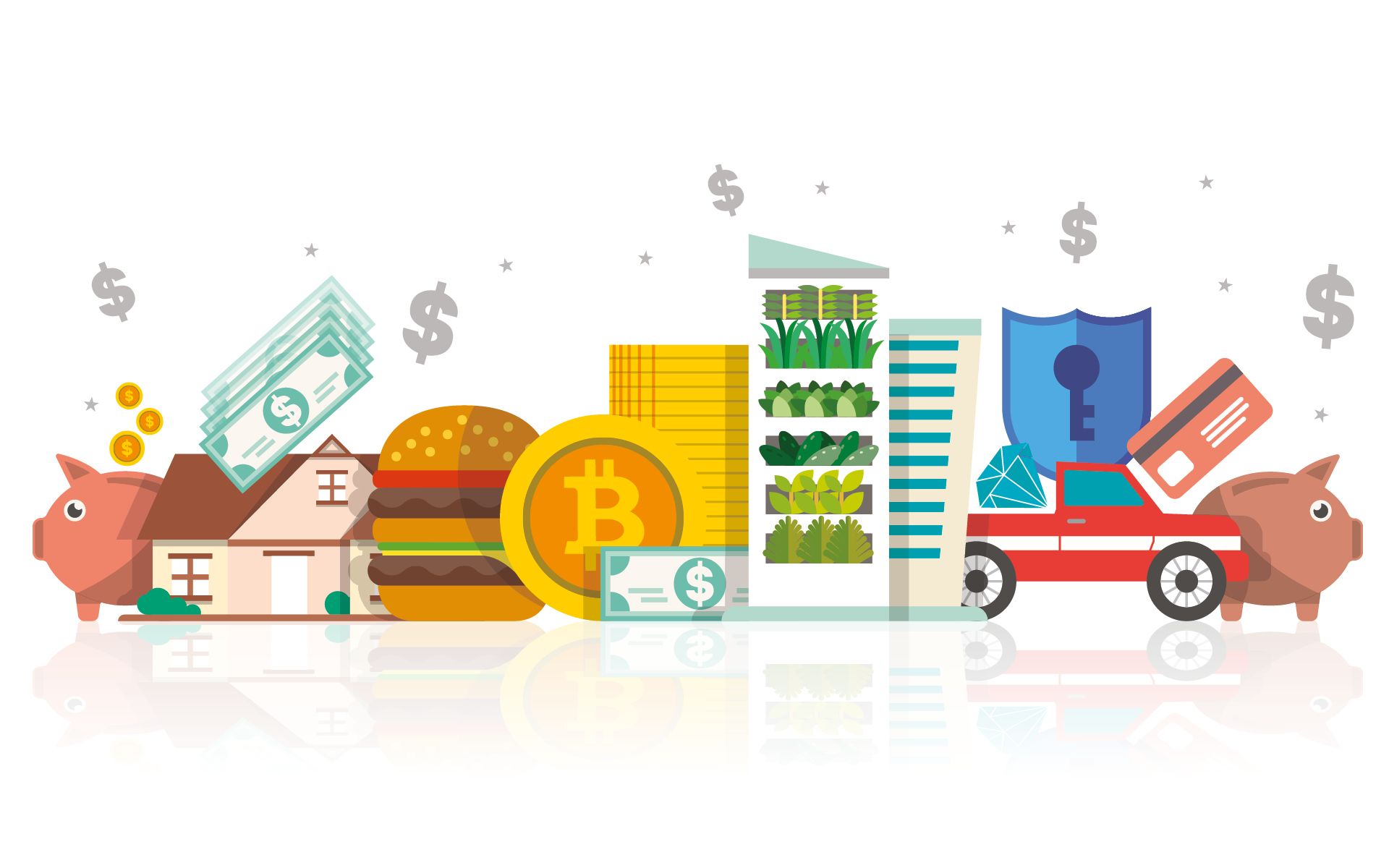1. Vertical Farming

A promising trend in sustainable food is indoor vertical farming, which will make immediate sense to anyone living in Hong Kong. Vertical farms are high-tech grow houses that typically inhabit buildings in urban areas, including skyscrapers. Produce is grown in stacks for local consumption. The farms use artificial lighting, climate control and in many cases hydroponics. Such techniques use 98 per cent less water and 70 per cent less fertiliser, says Deutsche Bank Wealth Management’s Mueller. By growing the food closer to the people who will consume it, pollution from transport is also greatly reduced.
See also: Earthly Treasures: Sustainable Investments In A Low Carbon Economy
Countries throughout Asia, from India to Japan, are working to develop this technology, and there are some companies, such as Spread in Japan, that are already producing commercial crops. However, the technology is still in need of some development. So far it’s mostly being used to grow leafy greens and some vegetables, but to make Asian cities self-sufficient in food they’re going to have to figure out how to grow rice.
2. Cybersecurity



